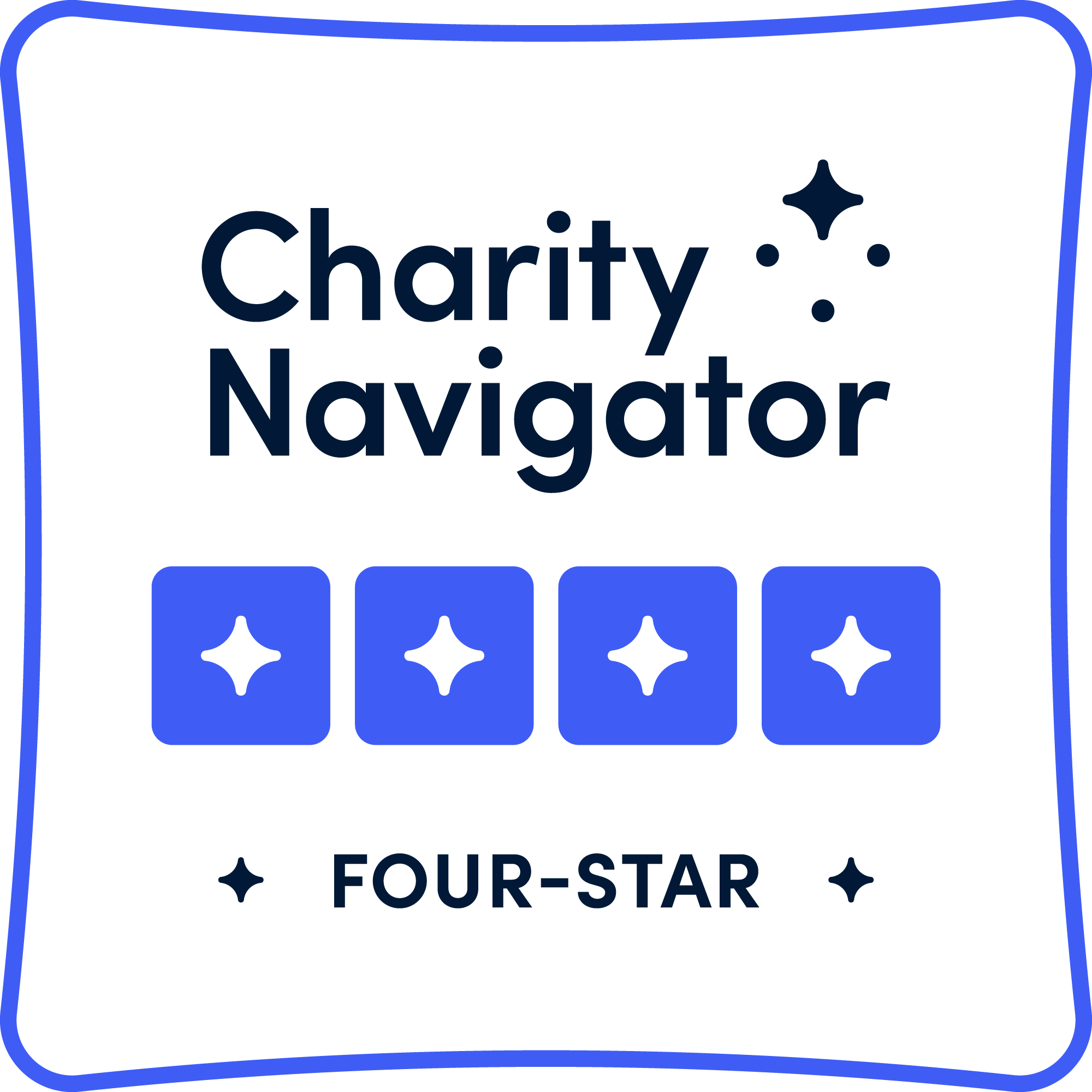How Does the Housing Crisis Impact Veterans?
We often forget that our veterans have a hard time re-acclimating to civilian life after their service, and the veteran housing issue is no exception. On a given night in the United States, there are more than 33,000 veterans experiencing homelessness. Former service members are at greater risk of being unhoused than other Americans, but this gap is closing.
Organizations are working hard on this persistent issue. We spoke with the Connecticut Veterans Legal Center (CVLC) about how they help veterans overcome legal barriers to housing, healthcare, and income.
The Connecticut Veterans Legal Center
Supervising Attorney Darren Pruslow believes that while social services are significantly underfunded and underwhelming at best, the Department of Veterans Affairs (VA) is essential.
“[The VA] is such a force in Connecticut because it’s well-funded and organized,” says Pruslow. “Veterans don’t have to wait for their [housing] vouchers if Connecticut has a surplus. I think that speaks to the efficiency of the VA process here in Connecticut.”
Since the 1980s, Connecticut was one of the first states to implement programs focusing on mental health and housing for veterans. Further, Connecticut’s VA social work team issues federally issued vouchers that can pair with the state’s Rental Assistance Program, (RAP).
U.S. Department of Housing and Urban Development-Veterans Affairs Supportive Housing (HUD-VASH)
US Department of Housing and Urban Development-Veterans Affairs Supportive Housing (HUD-VASH) is a program that provides affordable housing and supportive services to unhoused veterans and their families. The program is a joint effort between the VA and the Department of Housing and Urban Development (HUD). This program allows eligible low-income veterans to receive a rental voucher alongside case management and supportive services from the VA at VA medical centers (VAMCs) and community-based outreach clinics.
“A lot of the work we’re doing as representation is preserving [rental] vouchers,” explains Pruslow. “We help veterans transfer out of difficult situations — relapsing for mental health or substance abuse issues — and preserve those vouchers and discuss whether they’re eligible for HUD-VASH.”
While Connecticut has a smaller overall population compared to other states, it comprises independent governmental systems, creating unique challenges. “Connecticut has no county government, and it’s incorporated within separate municipalities,” explains CVLC Executive Director Alison Weir. “It’s a fairly small state, and people often move from town to town. Sometimes there’s difficulty in getting a state voucher — to get one housing authority to recognize another.”
Not Enough Homes
Keeping veterans in their homes through the voucher system is just one problem CVLV is working to solve; Pruslow believes the main issue is a lack of housing.
“The current problem in Connecticut is not necessarily the vouchers; it’s actually finding housing to put people in,” he says. “We do not have enough quality-priced housing to fit the needs.”

Pruslow points to HUD-VASH’s Housing Navigator role as one of the ways it is combatting the lack of affordable housing. The Navigator position allows HUD-VASH programs to use different Supportive Services for Veteran Families (SSVF) programs to help them find accommodation.
SSVF provides case management and support services to prevent veterans from losing their homes or finding more stable housing. Assistance in obtaining or retaining permanent housing is a fundamental goal of the SSVF program. Case management supporting permanent housing includes tenant counseling and mediation with outreach to landlords. Using the SSVF’s negotiating power incentivizes property owners to accept underprivileged veterans.
Cutting Through the Red Tape
“I know how to navigate the system, which people coming in from homelessness or on the risk of losing [housing] again, don’t necessarily know where to go,” Pruslow says. “There are many resources, but it’s about knowing which resource to tap.”
Beyond the issues of income and available rental space, unhoused veterans must also deal with the bureaucracy of local and federal government programs. Organizations like CVLC can help veterans navigate the complex system.
People needing access to programs like HUD-VASH either with the dangerous cycle of homelessness or may need case management. Problems arise when the programs focus too much on the chronic nature of homelessness, which can blind them from assisting people who need serious case management.
“When someone comes in, I think, okay, where should they probably go [for assistance], and we can advocate for that to a degree,” says Puslow. “But we’re still dealing with the VA bureaucracy and with third parties getting funding.”
Veteran homelessness is an intricate issue. Prioritizing stable, permanent housing as quickly as possible — while supplying supportive services in mental health care, substance abuse treatment, and job training — can increase positive outcomes. While there is no one-size-fits-all approach, there are some strategies that have been effective in reducing homelessness among veterans.
The Bob Woodruff Foundation provides funding to organizations that offer services designed to address unmet needs and improve access for homeless individuals. Investments in this area help homeless service providers assist veterans regardless of their income and discharge status.
Veteran Housing Resources
If you are concerned about your housing status, there are resources at your disposal:
The National Call Center for Homeless Veterans is a 24/7 hotline where trained staff work to connect veterans with VA and non-VA services. Call: 1-877-4AID-VET (1-877-424-3838).
Read more about the U.S. Department of Housing and Urban Development-VA Supportive Housing (HUD-VASH) Program on its website.









